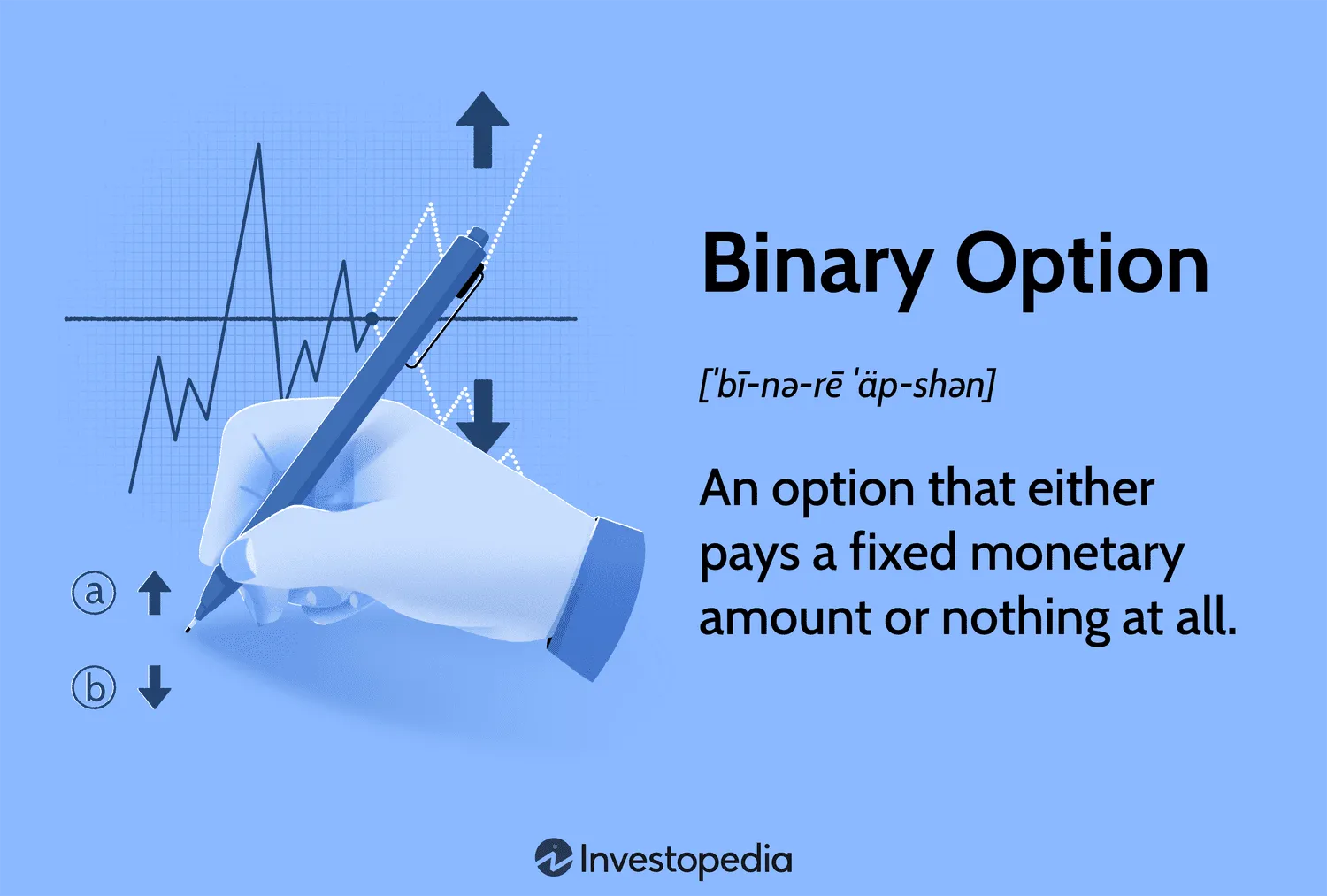Are you new to the world of cryptocurrencies and wondering how to keep your digital assets safe? Look no further, as this article will give you a comprehensive understanding of cryptocurrency wallets – what they are, how they work, the different types available, and most importantly, how to ensure the security of your investments.
What is a Cryptocurrency Wallet
Cryptocurrency wallets are digital tools designed to safely store, manage, and transact virtual currencies such as Bitcoin or Ethereum. A good wallet is essential in protecting your funds and ensures a seamless user experience. If you’re new to the exciting world of cryptocurrencies, you may be wondering how to keep your digital assets safe. With the increasing popularity and value of cryptocurrencies like Bitcoin and Ethereum, it’s crucial to understand the importance of cryptocurrency wallets. These wallets are essentially digital wallets that store your cryptocurrencies and allow you to send and receive them securely. Think of them as virtual vaults for your digital investments.
Now that you have a basic understanding of what cryptocurrency wallets are and the different types available, let’s talk about how to ensure the security of your investments. First and foremost, it’s crucial to choose a reputable wallet provider. Another important aspect of wallet security is regularly updating your software. Developers often release updates that address vulnerabilities and improve security measures. By keeping your wallet software up to date, you can minimize the risk of being targeted by hackers or malware. Lastly, it’s essential to keep your private keys offline and back up your wallet regularly. This way, if anything happens to your device or you forget your password, you can still access your funds.
How Cryptocurrency Wallets Work
Cryptocurrency wallets function as digital containers for your virtual assets. They use a combination of private and public keys to secure your funds. When you receive or send cryptocurrencies, you use your wallet’s public key, which acts as your address. Your private key, on the other hand, is a secret code only known to you, allowing you to access and manage your funds.
Wallets don’t store your cryptocurrencies, but they keep track of your transactions on the blockchain. The blockchain is a decentralized ledger that records all cryptocurrency transactions. Wallets enable you to interact with the blockchain by signing and broadcasting transactions and making. There are different types of cryptocurrency wallets, each with its advantages and disadvantages. Let’s explore them in detail.
Types of Cryptocurrency Wallets
- Hardware Wallets: Physical wallets or Hardware wallets provide the highest level of cryptocurrency security. Resembling USB drives, they store private keys offline to safeguard funds even if your computer or smartphone is compromised – an added measure that keeps funds safe even if used frequently for transactions. Often considered the safest choice available.
- Software Wallets: Software wallets are apps you can install on either your computer or smartphone to provide quick and easy access to cryptocurrencies, but because they’re connected to the internet they can be more susceptible to hacking attempts than their physical counterparts. Software wallets can further be divided into desktop, mobile, and online formats.
- Online Wallets: Online Wallets, commonly referred to as web wallets, provide convenient cryptocurrency storage through web browsers; however, their security levels are less dependable compared to hardware or software wallets and they should only be used for small amounts. Storing large sums in online wallets should be avoided.
Hot Wallets vs. Cold Wallets
Another key distinction among cryptocurrency wallets is between hot wallets and cold wallets.
| Hot Wallets | Cold Wallets |
| Hot wallets are wallets connected to the internet that offer immediate access to funds. They’re perfect for small amounts of cryptocurrencies that you use regularly for transactions; however, due to being constantly connected, hot wallets may be vulnerable to hacking attempts. | Cold wallets provide an additional layer of protection and should only be kept offline, providing long-term storage or large amounts of cryptocurrency that you don’t access frequently. Hardware wallets are among the most commonly used cold wallets. |
Popular Cryptocurrency Wallet Providers
Now that we understand the different types of wallets, let’s examine some popular cryptocurrency wallet providers:
- Ledger: Ledger is one of the leading hardware wallet providers on the market. Their devices, such as the Ledger Nano S and Ledger Nano X wallets, feature top-of-the-line security features while supporting an extensive variety of cryptocurrencies.
- Trezor: Trezor is another well-recognized hardware wallet brand, known for its secure features and user-friendly designs like the Trezor One and Trezor Model T products. These wallets are widely praised for providing maximum protection with minimal effort required from users.
- Exodus: Exodus is an award-winning software wallet that supports various cryptocurrencies. Known for its visually appealing user experience and intuitive features, Exodus stands out among competitors by being visually pleasing while providing intuitive functionality.
- Coinbase: Coinbase is a leading cryptocurrency exchange and online wallet for users to store their digital assets, providing an efficient platform to buy, sell and store cryptocurrency assets.
These are only some examples of cryptocurrency wallet providers. When selecting one, it’s essential to research its features such as security features, supported cryptocurrencies, ease of use, and customer reviews before making your decision.
Security Measures for Cryptocurrency Wallets
Security should always be prioritized when it comes to cryptocurrency wallets. Here are a few key safeguards you should keep in mind:
- Two-Factor Authentication (2FA): To enhance the security of your wallet, enable 2FA whenever possible to add another layer of protection. Typically this entails using mobile applications or receiving SMS codes when logging in or conducting transactions.
- Strong Passwords: For maximum protection of your wallets and online platforms, create strong, complex passwords. Consider investing in a password manager as well.
- Keep Software Current: Regularly update both your wallet software and operating system to stay protected against potential hacker attacks. Outdated software could leave your wallet open to attack.
- Offline Storage: If you own a hardware wallet, ensure your recovery seed phrase is stored safely offsite to enable quick retrieval in case your wallet becomes lost or damaged. Doing this can allow for recovery should anything go amiss.
Importance of Backup and Recovery Options
Backup and recovery plans are key for the protection of cryptocurrencies. Losing access to your wallet or forgetting your password could result in the permanent loss of funds; here are some important considerations:
- Recovery Seed: Most wallets provide a recovery seed, which consists of a string of words used to restore your wallet in the event of theft or loss. Write down and store this phrase somewhere safe (preferably offline).
- Backup Your Wallet Files or Private Keys Regularly: For peace of mind and in the event of hardware failure or accidental deletion, regularly backing up wallet files and private keys is crucial to ensure you can easily restore them in an emergency.
Before investing significant sums of cryptocurrency, make sure that the recovery process has been tested thoroughly to ensure you can restore your wallet successfully using its backup or recovery seed.
Tips for Choosing the Right Cryptocurrency Wallet
Consider these tips when selecting a cryptocurrency wallet:
- Security Features: Investigate the security measures implemented by wallet providers. Search for multi-signature wallets that require multiple keys for authorizing transactions.
- Be Sure Your Cryptocurrencies Are Supported: Ensure the wallet you choose can accommodate the cryptocurrencies you own or plan to invest in, as some wallets only support a limited number of digital assets.
- User Experience: Take into consideration the user interface and experience when choosing a wallet, since a more user-friendly design may make managing cryptocurrencies more enjoyable.
- Check Out Community Support: Evaluate whether there is an active and robust community around your wallet, as this can offer crucial assistance and resources if required.
Common Mistakes to Avoid with Cryptocurrency Wallets
Avoid these common errors to protect the safety of your digital assets:
- Sharing Your Keys: Do not share your private keys with anyone; these should remain strictly for your use only and remain strictly confidential.
- Avoid Public Wi-Fi Networks When Accessing Your Crypto Wallet: Avoid accessing your cryptocurrency wallet via public Wi-Fi networks as these can be susceptible to hackers that could intercept and access your data.
- Phishing Attacks: Be wary of phishing attempts that aim to mislead you into providing sensitive wallet credentials. Always verify the legitimacy of websites and links before entering such sensitive information.
- Not Keeping Software Updated: As previously discussed, updating both wallet software and operating system are crucial component of security. Failing to do so could leave your wallet open to vulnerabilities that exist today.
Conclusion
Cryptocurrency wallets play an essential role in protecting digital assets. Understanding their workings, types available, and security measures taken is vital to safeguarding investments. When selecting either a hardware wallet for maximum protection or a software wallet for convenience, always prioritize the security of digital assets over convenience.
Consider researching wallet providers, activating additional security features, and backing up wallets on an ongoing basis to remain confidently navigating the complex world of cryptocurrency wallets and protect your investments with confidence. By following best practices and avoiding common errors, you can confidently navigate this exciting space! Become informed, remain secure, and enjoy all the rewards this thrilling space can offer!
This blog article provided an in-depth review of cryptocurrency wallets, from understanding their purpose to the various types available and the importance of security. By understanding their fundamentals and following best practices, you can confidently manage and protect your digital assets – be they hardware wallets, software wallets, or online services – when investing. Happy investing!





